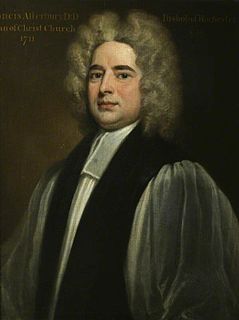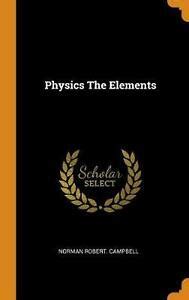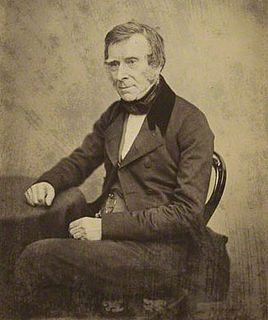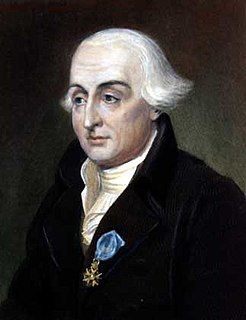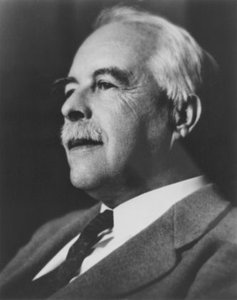A Quote by Justus von Liebig
From one sublime genius-NEWTON-more light has proceeded than the labour of a thousand years preceding had been able to produce.
Related Quotes
He Is looking at me through the smoke, across the fence. He never takes his eyes off me. His hair Is a crown of leaves, of thorns, of flames. His eyes are blazing with light, more light than all the lights in every city in the whole world, more light than we could ever invent If we had ten thousand billion years.
Modesty teaches us to speak of the ancients with respect, especially when we are not very familiar with their works. Newton, who knew them practically by heart, had the greatest respect for them, and considered them to be men of genius and superior intelligence who had carried their discoveries in every field much further than we today suspect, judging from what remains of their writings. More ancient writings have been lost than have been preserved, and perhaps our new discoveries are of less value than those that we have lost.
Science would not be what it is if there had not been a Galileo, a Newton or a Lavoisier, any more than music would be what it is if Bach, Beethoven and Wagner had never lived. The world as we know it is the product of its geniuses-and there may be evil as well as beneficent genius-and to deny that fact, is to stultify all history, whether it be that of the intellectual or the economic world.
Among civilized and thriving nations, on the contrary, though a great number of people do no labor at all, many of whom consume the produce of ten times, frequently of a hundred times more labour than the greater part of those who work; yet the produce of the whole labour of the society is so great, that all are often abundantly supplied, and a workman, even of the lowest and poorest order, if he is frugal and industrious, may enjoy a greater share of the necessaries and conveniencies of life than it is possible for any savage to acquire.
It is attention, more than any difference between minds and men.-In this is the source of poetic genius, and of the genius of discovery in science.-It was that led Newton to the invention of fluxions, and the discovery of gravitation, and Harvey to find out the circulation of the blood, and Davy to those views which laid the foundation of modern chemistry.
Without any extraordinary effort of genius, I have discovered that nature was the same three thousand years ago as at present; that men were but men then as well as now; that modes and customs vary often, but that human nature is always the same. And I can no more suppose, that men were better, braver, or wiser, fifteen hundred or three thousand years ago, than I can suppose that the animals or vegetables were better than they are now.
It doesn't matter how long we may have been stuck in a sense of our limitations. If we go into a darkened room and turn on the light, it doesn't matter if the room has been dark for a day, a week, or ten thousand years - we turn on the light and it is illuminated. Once we control our capacity for love and happiness, the light has been turned on.



